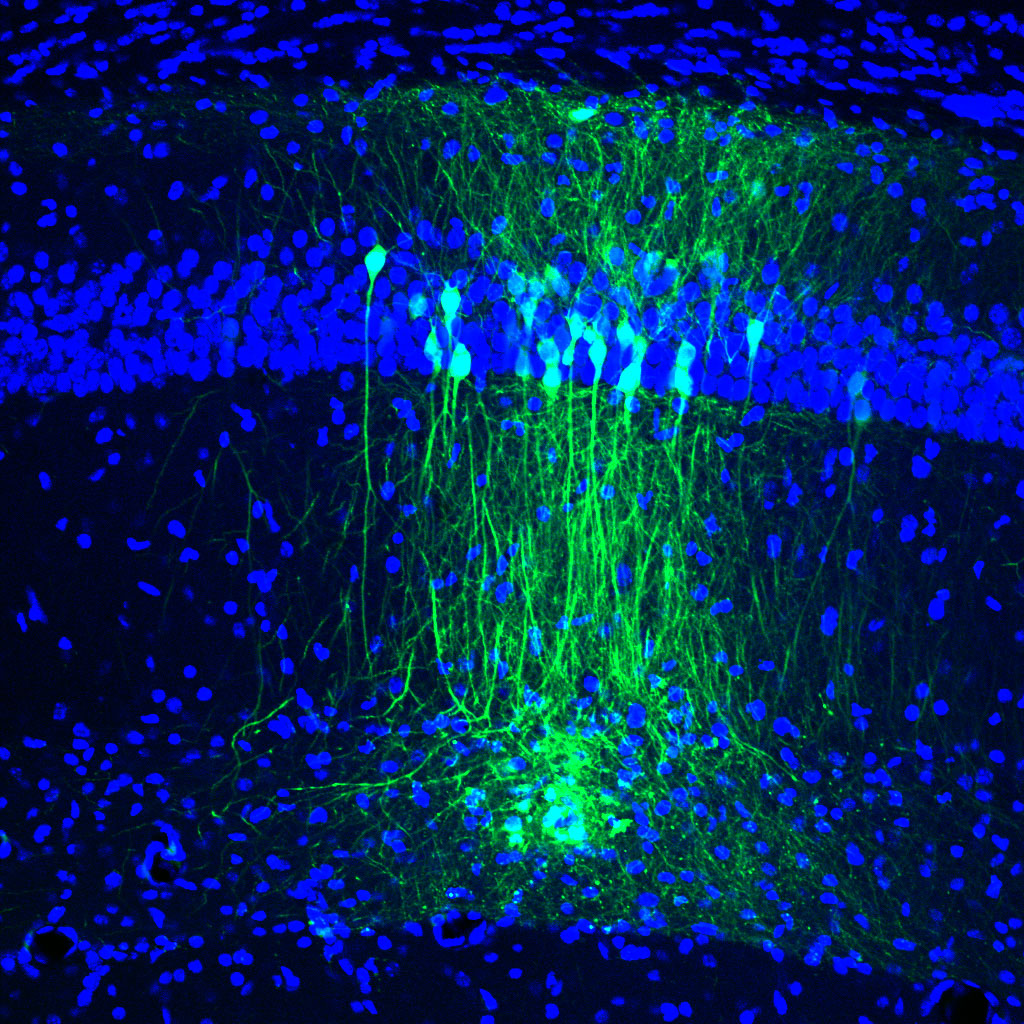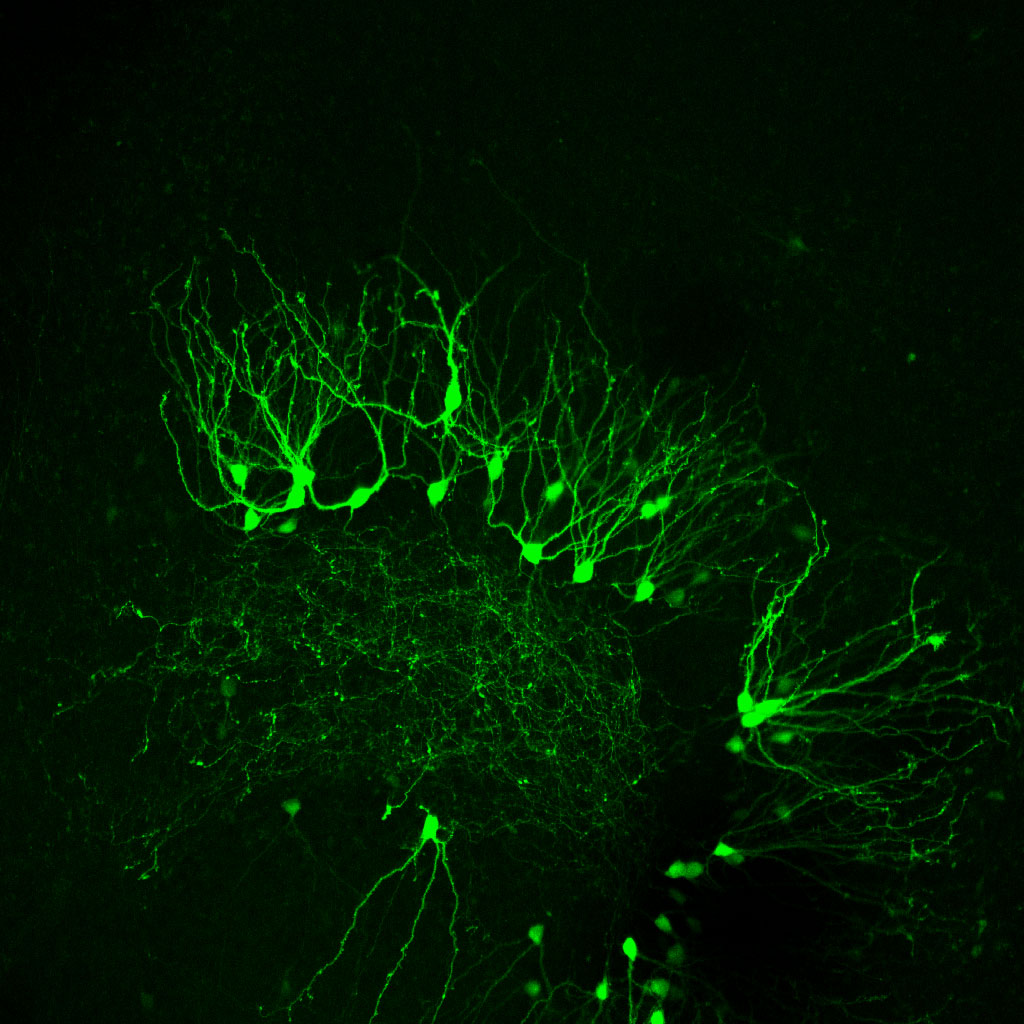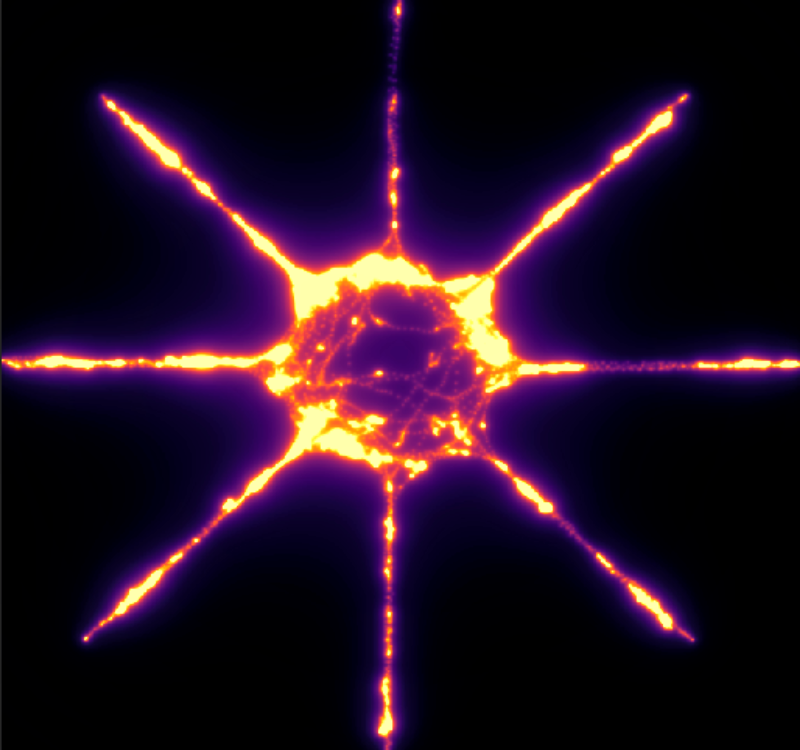The main topics in the HCNS are neuronal plasticity, learning and memory, regeneration of the nervous system, neuroscience of emotion and cognition, mechanisms of neurodegeneration, mechanisms of signal transmission and communication in the brain from the molecular to the systems level, molecular basis, diagnostics and therapy of neurological and psychiatric disease.

Significant innovations and landmark results have been discovered by members of the HCNS in the past and are now systematically pursued. Several departments have strategically focused on brain plasticity and the question how brain plasticity can be modulated in order to treat neurological diseases, e.g., by applying electrical brain stimulation in stroke patients or patients suffering from Parkinson’s disease.

The introduction of innovative neuroimaging approaches to diagnosis and treatment of neurological and psychiatric diseases is a central element of HCNS research. In 2018, a hallmark clinical trial (WAKE-UP) designed and coordinated out of the HCNS could be successfully completed and has since influenced treatment of acute stroke world-wide. Other scientists in the HCNS have generated striking data on the function of the human reward system and its impact on problem gambling in adolescents. These data have led to a unique multicenter trial on teenager development sponsored in the 6th European Framework program.

